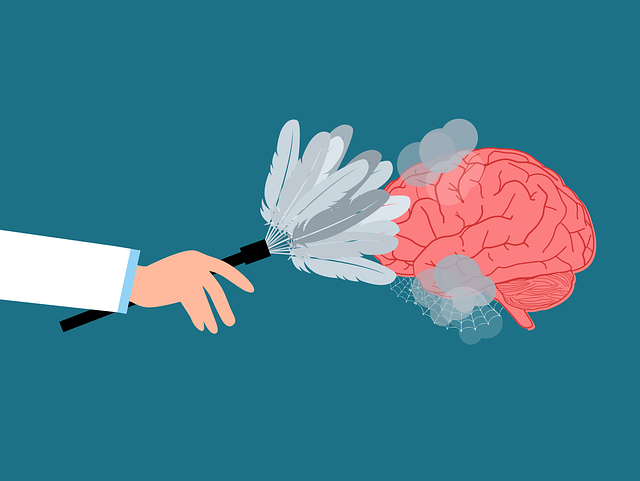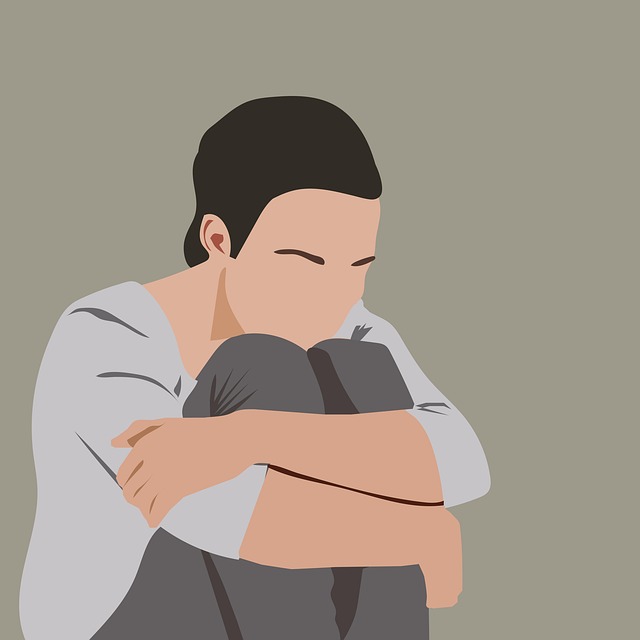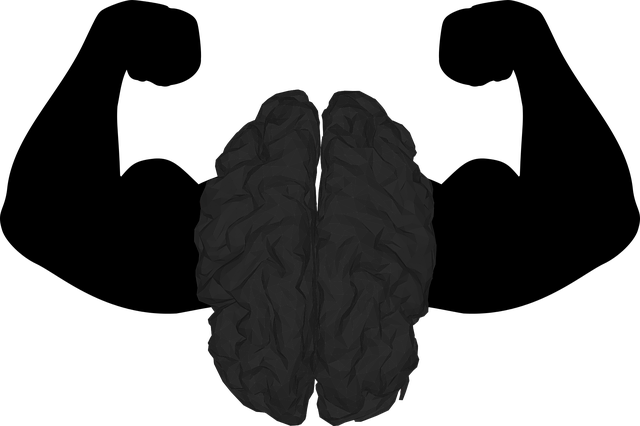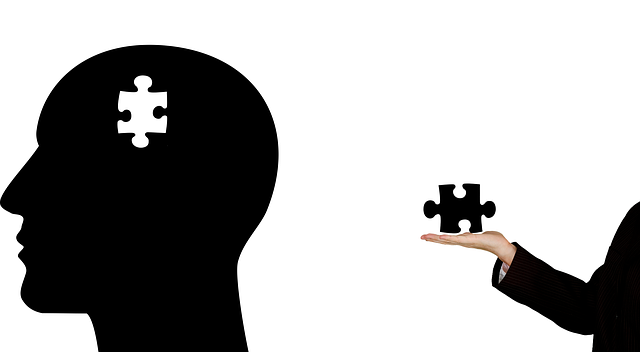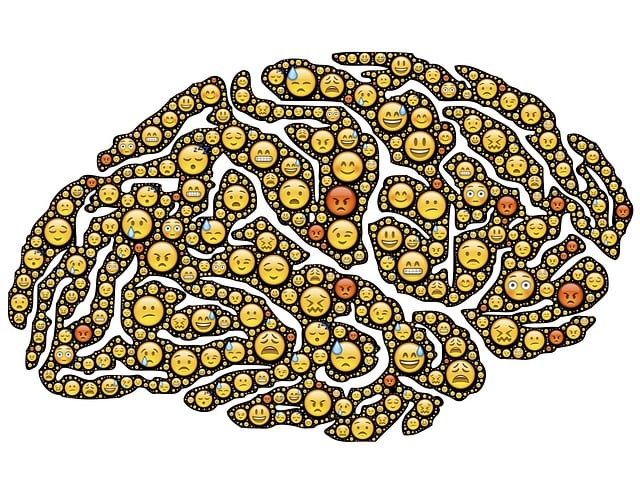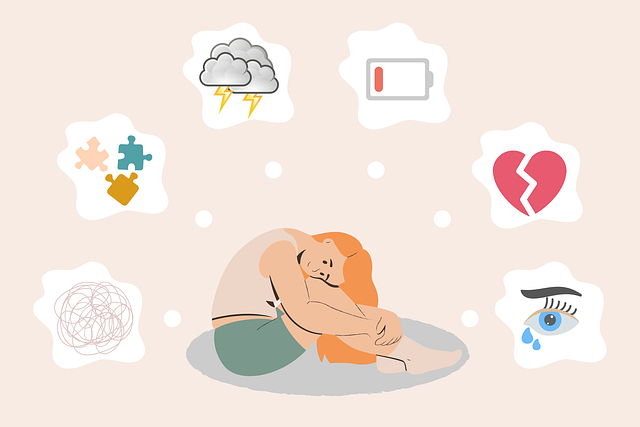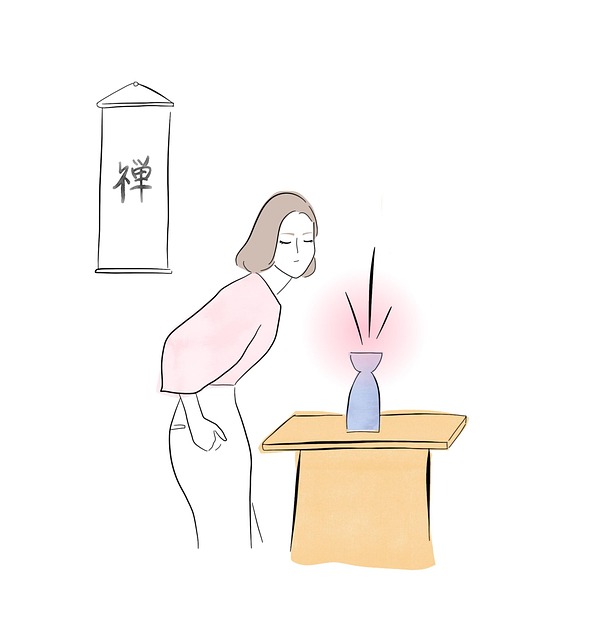Depression significantly impacts daily life, but early recognition of signs like persistent sadness, anxiety, mood swings, and changes in appetite/sleep is crucial for prevention and management. Lone Tree Gambling Therapy offers a unique approach, combining exposure therapy and cognitive behavioral techniques to address underlying causes, especially in high-stress situations or impulsive behaviors. Adopting a healthier lifestyle with regular exercise and quality sleep enhances mental wellness. Combating loneliness through social connections and professional help like Trauma Support therapies prevents depression and fosters deeper relationships. Seeking Lone Tree Gambling Therapy for persistent symptoms is a vital step towards recovery, offering coping skills, self-care routines, and compassion cultivation practices to transform one's mental health.
Depression is a prevalent yet manageable condition. If you recognize the early signs, you can take proactive steps to prevent it. This article explores diverse strategies for maintaining mental wellness, from understanding depression’s red flags to innovative therapies like Lone Tree Gambling Therapy. We also delve into lifestyle adjustments, building support networks, and knowing when to seek professional help. Equip yourself with these tools to foster a happier, healthier mind.
- Understanding Depression: Recognizing the Red Flags
- Lone Tree Gambling Therapy: A Unique Approach to Prevention
- Lifestyle Changes for a Happier Mindset
- Building a Supportive Network: Combating Loneliness
- Professional Help: When and How to Seek It
Understanding Depression: Recognizing the Red Flags

Depression is a complex mental health condition that can significantly impact an individual’s daily life and overall well-being. Recognizing the early signs and symptoms is crucial in preventing and managing it effectively. Many people struggle with depression silently, often overlooking subtle changes in their emotions and behavior. According to Lone Tree Gambling Therapy, one of the key aspects of prevention lies in understanding these red flags.
Emotional Regulation: The ability to manage and control emotional responses is essential for mental wellness. If you notice persistent feelings of sadness, anxiety, or emptiness, it could be an indication of depression. Additionally, extreme mood swings, loss of interest in activities once enjoyed, changes in appetite and sleep patterns, and increased fatigue are red flags that should not be ignored. Building confidence and adopting healthy coping mechanisms can help navigate these challenges. Lone Tree Gambling Therapy emphasizes the importance of seeking professional support when these symptoms persist, as early intervention can significantly enhance one’s ability to manage and overcome depression.
Lone Tree Gambling Therapy: A Unique Approach to Prevention

Lone Tree Gambling Therapy offers a unique and innovative approach to depression prevention, focusing on addressing underlying causes rather than merely treating symptoms. This therapy utilizes a combination of exposure therapy and cognitive behavioral techniques, specifically tailored for individuals who find themselves in high-stress situations or struggling with impulsive behaviors. By exposing clients to controlled gambling scenarios, therapists help them develop healthier coping mechanisms and conflict resolution techniques. This method aims to break the cycle of negative thoughts and emotions associated with depression, especially when triggered by risky activities.
In today’s digital age, where mental illness stigma reduction efforts are gaining momentum, Lone Tree Gambling Therapy provides a discrete and effective solution. Through its structured program, individuals can learn to manage their impulses, improve decision-making skills, and enhance overall mental wellness. Moreover, this approach has been successfully integrated into various platforms, including a popular Mental Wellness Podcast Series Production, making it accessible to a wider audience seeking alternative prevention strategies.
Lifestyle Changes for a Happier Mindset

Adopting a healthier lifestyle can significantly impact your mental wellness and play a pivotal role in preventing depression. This involves making conscious choices to nurture both your physical and emotional well-being. Regular exercise, for instance, releases endorphins, often referred to as ‘feel-good’ hormones, which can boost mood and reduce stress. Aiming for at least 30 minutes of moderate activity daily, such as a brisk walk or yoga, can be an effective strategy to combat depression.
Additionally, prioritizing sleep hygiene is essential. Most adults require 7-9 hours of quality sleep each night. Establishing a consistent sleep routine, creating a relaxing bedtime ritual, and limiting screen time before bed can improve sleep quality. When individuals feel well-rested, they are better equipped to manage stress and maintain a positive outlook on life, including seeking professional help like Lone Tree Gambling Therapy for specific issues if needed.
Building a Supportive Network: Combating Loneliness

Loneliness can be a significant trigger for depression, especially for individuals who feel isolated or disconnected from others. Building a supportive network is a crucial strategy to combat this. Connecting with like-minded people through social groups, community activities, or even online forums can provide a sense of belonging and reduce the feeling of being a lone tree. These connections offer emotional support, understanding, and a safe space to share experiences, all of which are essential for mental well-being.
In cases where loneliness is deep-rooted or exacerbated by past traumas, professional help can be invaluable. Services like Trauma Support and Crisis Intervention Guidance specialize in addressing these issues. Therapies such as cognitive-behavioral therapy (CBT) and interpersonal psychotherapy (IPT) teach individuals effective coping mechanisms for managing negative moods and fostering healthier relationships, ultimately helping them overcome loneliness and prevent depression.
Professional Help: When and How to Seek It

Depression can be a complex and isolating experience, but seeking professional help is a vital step towards recovery. Recognizing when to reach out is crucial; if you’ve been feeling persistently sad or hopeless, experiencing changes in appetite or sleep patterns, or having thoughts of self-harm, it’s essential to consider therapy. Lone Tree Gambling Therapy offers specialized support for individuals dealing with gambling-related issues and their impact on mental health.
The therapeutic process involves developing coping skills and compassion cultivation practices tailored to your needs. Therapists can guide you in identifying negative thought patterns and replacing them with healthier alternatives. Additionally, establishing a robust self-care routine is integral to improving overall mental health. This may include regular exercise, mindfulness practices, and setting boundaries to create a sense of balance and well-being.
Depression prevention is a multifaceted approach, and by incorporating strategies like Lone Tree Gambling Therapy, significant improvements in mental health can be achieved. Understanding the signs of depression and making proactive lifestyle changes are key. Building a strong support network and knowing when to seek professional help can also provide much-needed guidance and relief. With dedication and the right tools, such as Lone Tree Gambling Therapy, individuals have the power to foster a happier and more resilient mindset.

